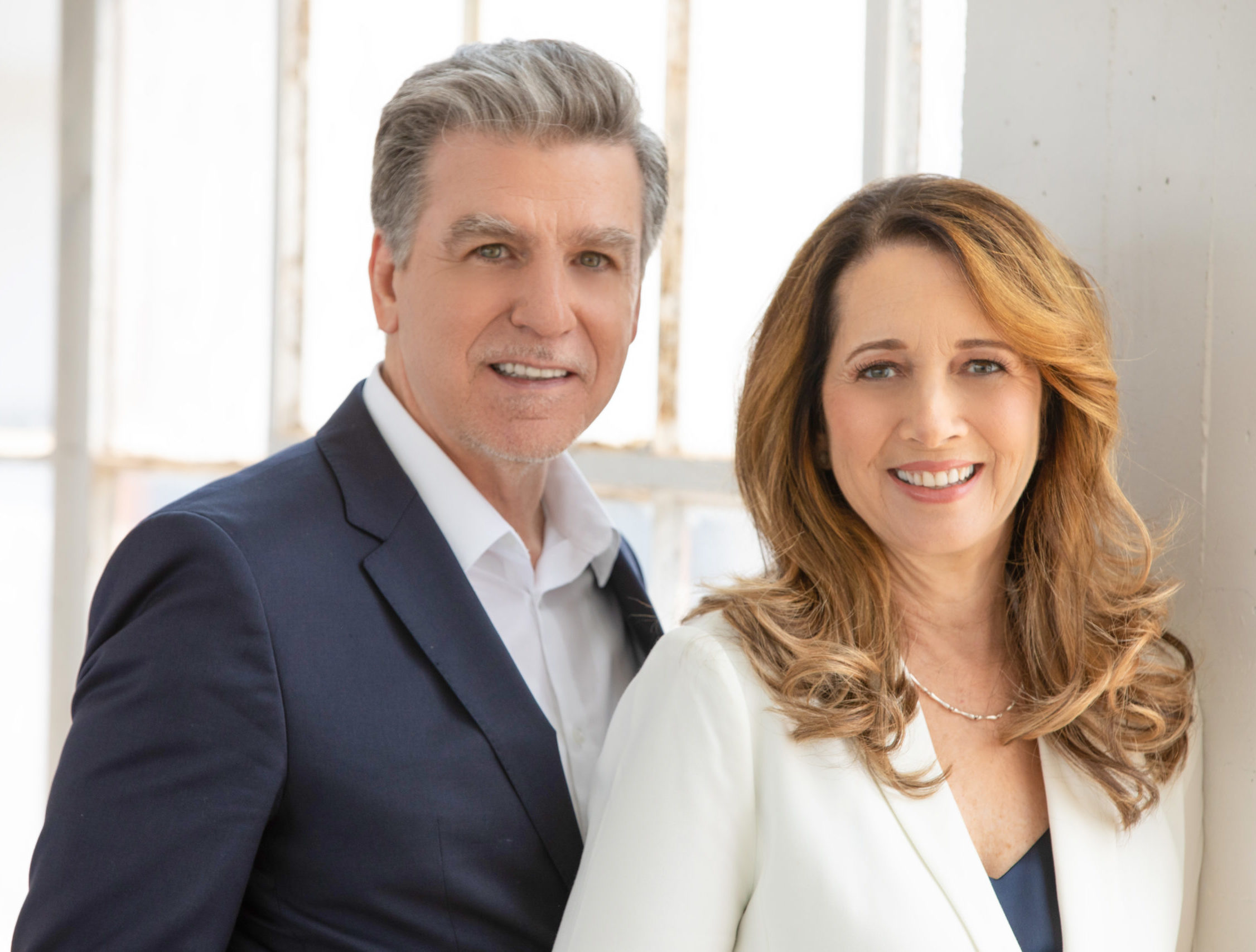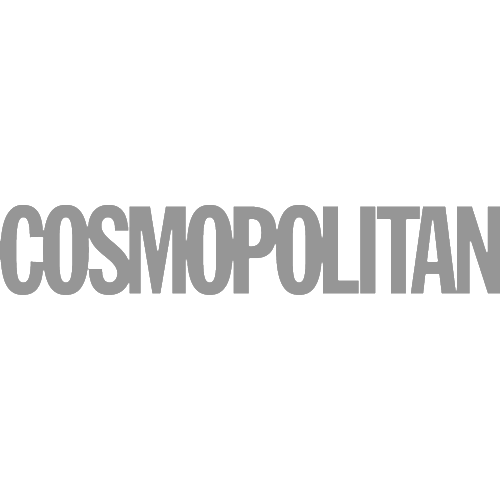You are not broken. Welcome to a Jungian coaching method that goes deeper so you can awaken your already limitless, true self. Work with the unconscious mind to access your inner wisdom, let go of past limitations and create a life you love.
The Lasting Change
You've Been Seeking
You are not broken. Welcome to a Jungian coaching method that goes deeper so you can awaken your already limitless, true self. Work with the unconscious mind to access your inner wisdom, let go of past limitations and create a life you love.

Explore Jungian Life Coaching
At CreativeMind, we’ve blended Jungian consciousness studies with Eastern spirituality and neuroscience to create tools to awaken your potential and create an extraordinary life. Get started through our University, Podcast, Events or Shop.
Do You Want to Transform Your Life?
Do You Want to Transform Your Life?
The world of Life Coaching and Personal Growth is filled with programs offering transformation through changing the thoughts, beliefs or behaviors creating your life. However, the results are fleeting because they are only on a conscious level.
Debra and Dr. Rob Maldonado founded CreativeMind to introduce a deeper, potential-based coaching method that reaches the very root of what drives us. By working with the unconscious mind, you can see your own limitations formed by conditioning in early life.
The CreativeMind Process incorporates shadow work, dream interpretation, visualization and more into a Jungian coaching model to free you from the constraints of your past conditioning. Reawaken your unlimited potential so you can perceive new opportunities, fully express your purpose and get what you want out of life.

ICF Accredited Coach Training
The CreativeMind Process is not only the basis of our personal growth programs but also a path to guide others as a coach. Jungian Life Coach Training is accredited by the International Coach Federation (ICF) — the gold standard in coaching.

ICF Accredited Coach Training
The CreativeMind Process is not only the basis of our personal growth programs but also a path to guide others as a coach. Jungian Life Coach Training is accredited by the International Coach Federation (ICF) — the gold standard in coaching.
What Is CreativeMind?
CreativeMind Process
The CreativeMind Process is a coaching method that serves as the foundation for Jungian Life Coach Training and the Satya Leadership Program. Debra and Dr. Rob Maldonado developed it based on Jungian Psychology, Eastern Spirituality and Social Neuroscience.
Jungian Theory
Eastern Spirituality
CreativeMind Process
The CreativeMind Process is a coaching method that serves as the foundation for Jungian Life Coach Training and the Satya Leadership Program. Debra and Dr. Rob Maldonado developed it based on Jungian Psychology, Eastern Spirituality and Social Neuroscience.
Jungian Theory
By studying the unconscious mind, psychologist Carl Jung uncovered the root of the barriers we experience in life. Our coaching model is based on Jung’s theory of Individuation — that an individual is not their personality but has a deeper, spiritual aspect that transcends their personal experience. This deeper self is accessed through visualization, working with emotional triggers and through dreams. The goal of individuation is not to fix the surface personality but to transcend it so the individual can express their full potential.
Eastern Spirituality
The spiritual foundation of our coaching model is based on The Upanishads, a philosophy (not religion) of the mind and consciousness that is over 4,000 years old. Some modern philosophies that relate are Buddhism, Tantric Yoga and Zen. The premise is that everything is connected to one consciousness and that we are that consciousness. Only the ego creates separation and dual-nature of our waking experiences. Understanding this higher knowledge brings an individual to more inner peace and power to participate in their own destiny.
Social Neuroscience
The new discoveries in neuroscience help us to understand how the brain processes and influences our perception and relationship to others and the world. Quantum psychics have validated teachings of the mind rooted in Eastern wisdom — that what we are seeing is not a solid reality but a perception of a reality. In the CreativeMind Process, we incorporate the latest in neuroscience to see ourselves as we truly are, instead of what we have been conditioned to see about our lives.

If you are feeling stuck in life but know you were meant for more, Like a Spark From Fire is an invitation to finally break free.
Order TodayElevated Personal Growth for Lasting Results
Let Go of Past Limitations
We are taught to think of ourselves as the ego which narrows our perception to see only limitations. Through Jung’s Individuation process, you can transcend the ego and free yourself from past conditioning.
Unlock Your True Potential
You were born with unlimited potential. The CreativeMind Process frees you from the constraints of your past patterns to awaken your limitless, true self.
Reconnect with Your Inner Wisdom
Access creativity, imagination, insight, intuition and your true spiritual nature beyond your personal ego’s experience.
Live a Fully Expressed Life
We guide you to understand yourself so that you can consciously create a life you love. We also certify Jungian Life Coaches in a powerful program to transform others’ lives and live their purpose as a coach.
Elevated Personal Growth for Lasting Results
Let Go of Past Limitations
We are taught to think of ourselves as the ego which narrows our perception to see only limitations. Through Jung’s Individuation process, you can transcend the ego and free yourself from past conditioning.
Reconnect with Your Inner Wisdom
Access creativity, imagination, insight, intuition and your true spiritual nature beyond your personal ego’s experience.
Unlock Your True Potential
You were born with unlimited potential. The CreativeMind Process frees you from the constraints of your past patterns to awaken your limitless, true self.
Live a Fully Expressed Life
We guide you to understand yourself so that you can consciously create a life you love. We also certify Jungian Life Coaches in a powerful program to transform others’ lives and live their purpose as a coach.


350+ Certified Coaches
215,000+ Podcast Downloads
5,500+ Program Graduates
15 Years In Business
We Have An Impact
How to Experience Jungian Life Coaching

How to Experience Jungian Life Coaching







As Seen On

Free 3-Video
Jungian Coaching Series
Have you done personal growth work, but feel it hasn’t truly reached your core? Sign-up for a free 3-video series to learn about Life Coaching based in Jungian theory and tools to help others in a deeper way. You’ll also receive a course handout and free meditation download.

Free 3-Video
Jungian Coaching Series
Have you done personal growth work, but feel it hasn’t truly reached your core? Sign-up for a free 3-video series to learn about Life Coaching based in Jungian theory and tools to help others in a deeper way. You’ll also receive a course handout and free meditation download.




